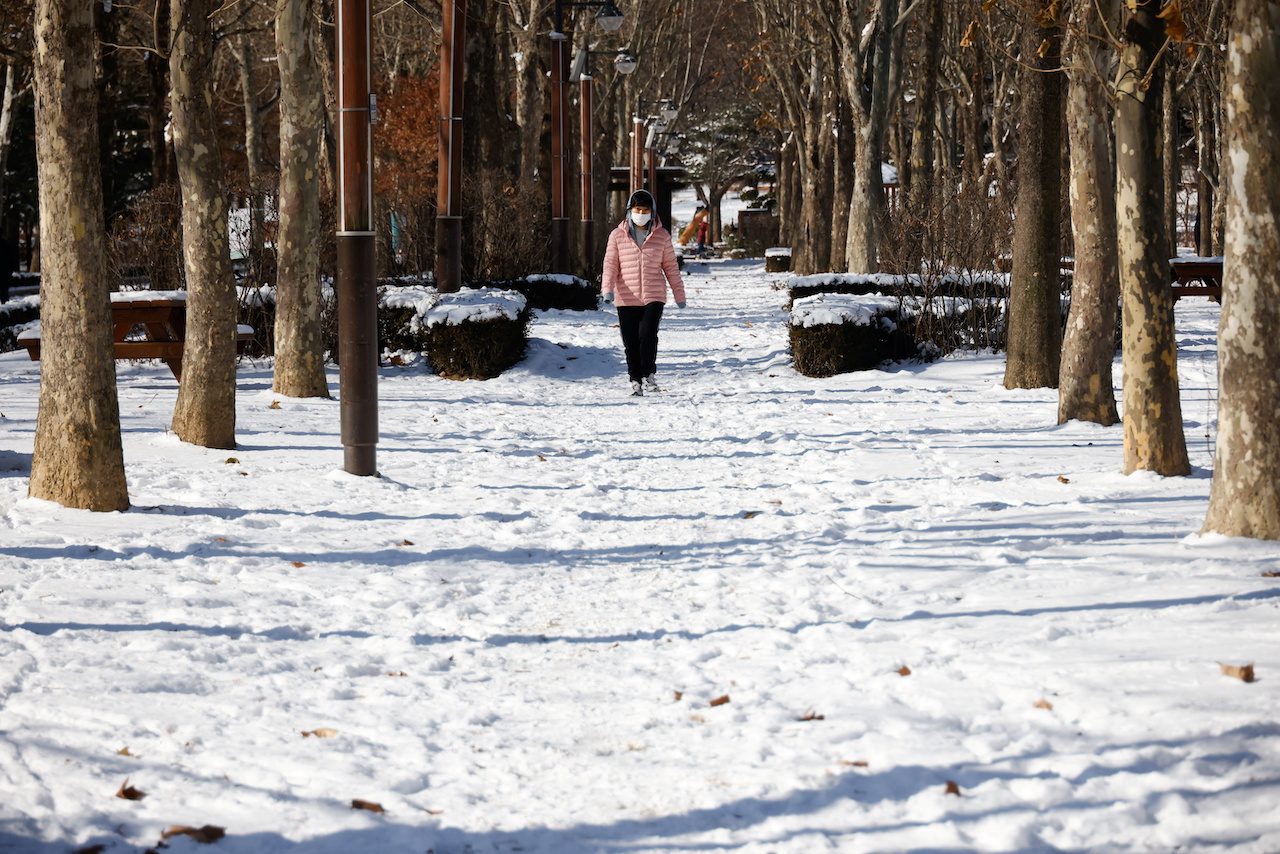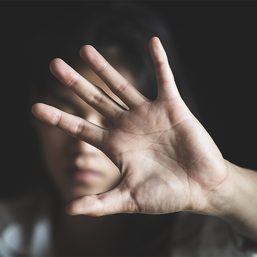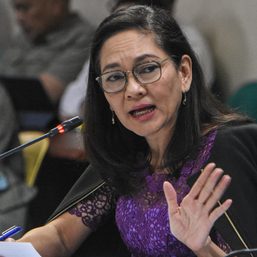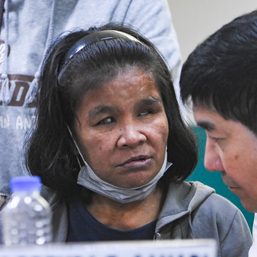SUMMARY
This is AI generated summarization, which may have errors. For context, always refer to the full article.

A South Korean court ordered Japan on Friday, January 8, to compensate 12 women who were forced to work in wartime Japanese brothels, in a ruling that could rekindle diplomatic and history feuds between the two countries.
Reminders of Japan’s 1910-45 colonial rule are contentious for both sides, with many survivors of “comfort women” – a Japanese euphemism for the sex abuse victims – demanding Tokyo’s formal apology and compensation.
Japan says the issue was settled under a 1965 treaty that normalized diplomatic ties, and the two countries agreed to “irreversibly” end the dispute in a 2015 deal.
But the Seoul Central District Court ordered Japan pay each of the women 100 million won ($91,000), saying neither of the pacts can cover their right to seek compensation.
Japan’s Chief Cabinet Secretary Katsunobu Kato called the verdict “unacceptable,” urging Seoul to make an “appropriate response.” Tokyo’s foreign ministry summoned South Korean Ambassador to Japan Nam Gwan-pyo to lodge a complaint.
“It was a crime against humanity that was systematically, deliberately, and extensively committed by Japan in breach of international norms,” Justice Kim Jeong-gon said in the ruling.
“Even if it was a country’s sovereign act, state immunity cannot be applied as it was committed against our citizens on the Korean peninsula that was illegally occupied by Japan.”
Some historians estimate up to 200,000 Korean girls and women were forced to provide sex to Japanese troops during the colonial era, sometimes under the pretext of employment or to pay off a relative’s debt.
Only 16 registered Korean survivors are still alive, and 6 of the 12 victims have died since they initiated the lawsuit in 2016.
The women’s lawyer, Kim Kang-won, said he was “deeply moved” as the ruling acknowledged the Japanese government was accountable for the atrocity.
South Korea’s foreign ministry did not have immediate comment, but Ambassador Nam said in Tokyo that he would strive to prevent the ruling from having an “undesirable impact” on the ties.
“I emphasised that it was most important for both sides to respond in a calm, restrained manner in order to resolve the issue,” Nam told reporters after being called in.
South Korea and Japan, both staunch US allies, are key trade partners and share other common interests, including fending off North Korea’s growing nuclear and missile threats.
But relations plunged in recent years as history rows flared, especially after South Korea’s Supreme Court ordered two Japanese firms to compensate some wartime forced laborers.
South Korea’s President Moon Jae-in effectively nullified the 2015 settlement, in which Japan issued an official apology and provided 1 billion yen ($9.6 million) to a fund to help the comfort women victims. – Rappler.com
($1 = 1,097.7000 won) ($1 = 103.7800 yen)
Add a comment
How does this make you feel?


![[OPINION] The myth of the individual narrative in the struggle against sexual violence](https://www.rappler.com/tachyon/2024/02/ispeak-struggle-for-safe-spaces-feb-7-2024.jpg?resize=257%2C257&crop=274px%2C0px%2C720px%2C720px)

![[OPINION] Data is crucial to preventing gender-based violence](https://www.rappler.com/tachyon/2023/11/TL-ogbv-nov-28-2023.jpg?resize=257%2C257&crop=271px%2C0px%2C720px%2C720px)

![[Free to Disagree] Arrest Quiboloy!](https://www.rappler.com/tachyon/2024/03/Free-to-disagree-arrest-quiboloy-March-11-2024-1.jpg?resize=257%2C257&crop_strategy=attention)

There are no comments yet. Add your comment to start the conversation.